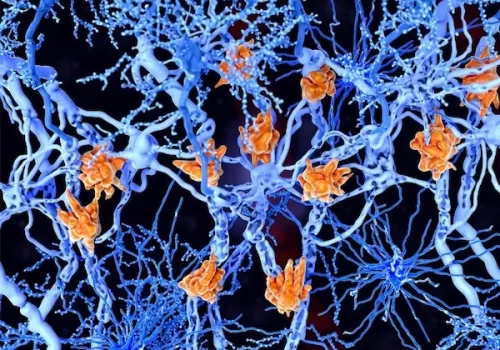FDA PRESS RELEASE
The U.S. Food and Drug Administration has approved Omisirge (omidubicel-onlv. approved Omisirge(omidubicel-onlv), a substantially modified cord blood-based allogeneic (donor) cell therapy to accelerate the recovery of neutrophils (a subset of white blood cells) in the body and reduce the risk of infection The product is designed for use in adults and pediatric patients 12 years of age and older with blood cancers scheduled for cord blood transplantation following a myeloablative conditioning regimen (treatment such as radiation or chemotherapy).
Blood cancers are a form of cancer caused by the uncontrolled growth of cells in the blood, which disrupts the ability of blood cells to perform their normal functions.
This abnormal cell growth often begins in the bone marrow, which is made up of stem cells that develop into different types of blood cells with specific functions in the body.
Blood cancers account for about 10% of all cancer cases each year in the US.
Blood cancers can be fatal, with survival rates varying depending on multiple factors, including the specific type of blood cancer diagnosed.
This type of cancer can also cause serious and harmful effects to the body and cause symptoms such as fatigue, bone and joint pain, night sweats, infections, weakness, weight loss and fever.
Stem cell transplantation is a common treatment for blood cancers.
It involves putting healthy stem cells into the body to help restore normal blood cell production and function.
One source of healthy stem cells is umbilical cord blood.
Generally, prior to receiving this type of transplant, the patient will undergo a course of treatments to eliminate his or her own stem cells and prepare the body for new stem cells.
This process may include undergoing therapies such as radiation or chemotherapy, which can weaken an individual’s immune system.
As a result, a frequent and serious risk of this treatment is the development of serious and sometimes fatal infections. Continue reading FDA statement You may be interested in: MESENCHYMAL STEM CELL EXOSOMES


















